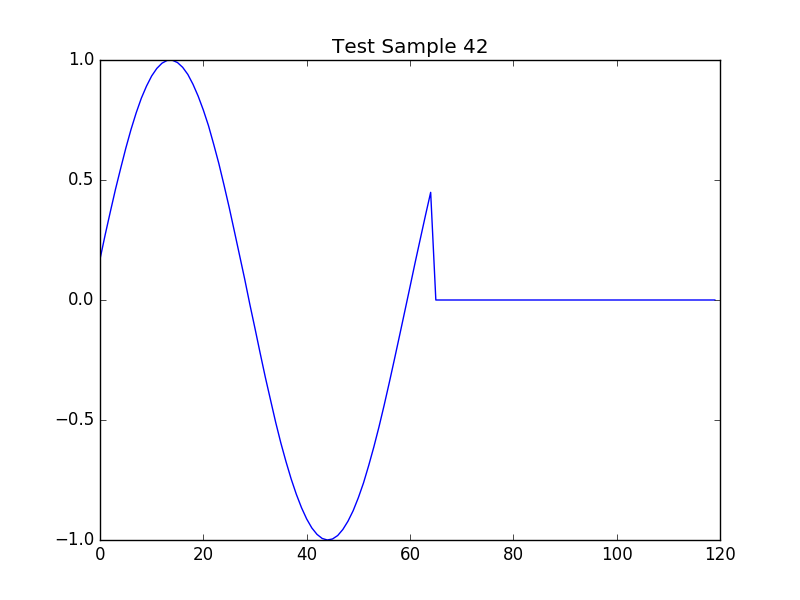.h5 file format
The measurement will auto-save a data-file that contains the optimizer history to an HDF5 (.h5) data file within the specified Save Directory. This data file contains the data along with data structures that include all the meta-data from the microscope App. To view this data file, we can use a graphical viewer HDFView, or use the FoundryDataBrowser from the ScopeFoundry project.
The data file created by the sine_wave_plot measurement has the following hierarchy:
|> app
|- name = vfunc_gen_test_app
|- ScopeFoundry_type = App
|> settings
|- save_dir = ~/fancy_microscope/data
|- sample = Test Sample 42
|> units
|> hardware
|- ScopeFoundry_type = HardwareList
|> virtual_function_gen
|- name = virtual_function_gen
|- ScopeFoundry_type = Hardware
|> settings
|- connected = True
|- debug_mode = False
|- amplitude = 1.0
|- rand_data = 0.5191185618096453
|- sine_data = 0.9099735972719286
|- square_data = -1.0
|> units
|> measurement
|> sine_wave_plot
|- name = sine_wave_plot
|- ScopeFoundry_type = Measurement
|D buffer: (120,) float64
|> settings
|- activation = False
|- running = True
|- progress = 50.0
|- save_h5 = True
|- sampling_period = 0.1
|> units
|- progress = %
|- sampling_period = s
You will notice that this data file contains much more than just the sine wave data recorded during your measurement. It also contains all the settings of the hardware and measurement conditions at the time of the data acquisition.
We can access this data file in Python using the h5py package.
import h5py
dat = h5py.File('1486144636_sine_wave_plot.h5', 'r')
sample_name = dat['app/settings'].attrs['sample']
print(sample_name)
# Test Sample 42
buffer_data = dat['measurement/sine_wave_plot/buffer']
import matplotlib.pyplot as plt
plt.title(sample_name)
plt.plot( buffer_data)
plt.savefig('sine_wave_data_plot_42.png')
plt.show()
